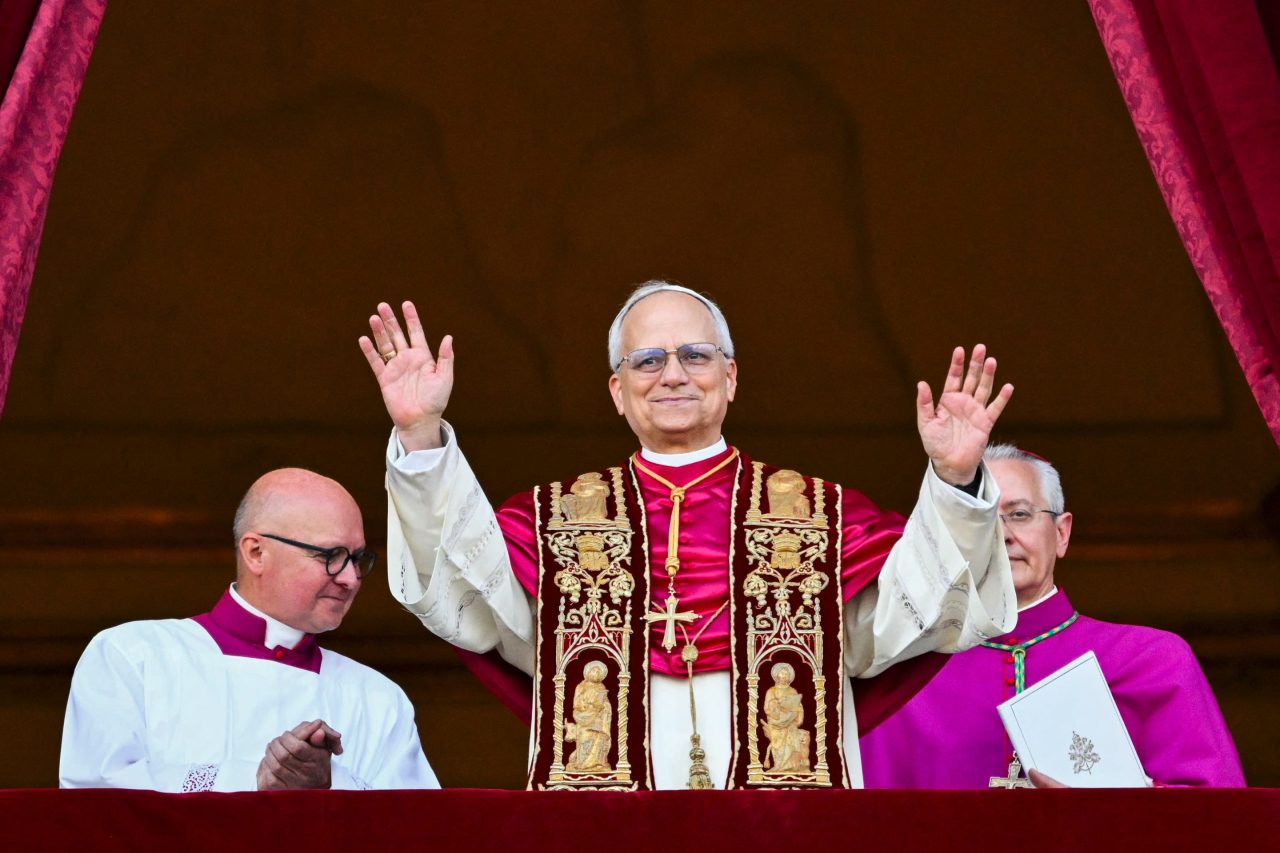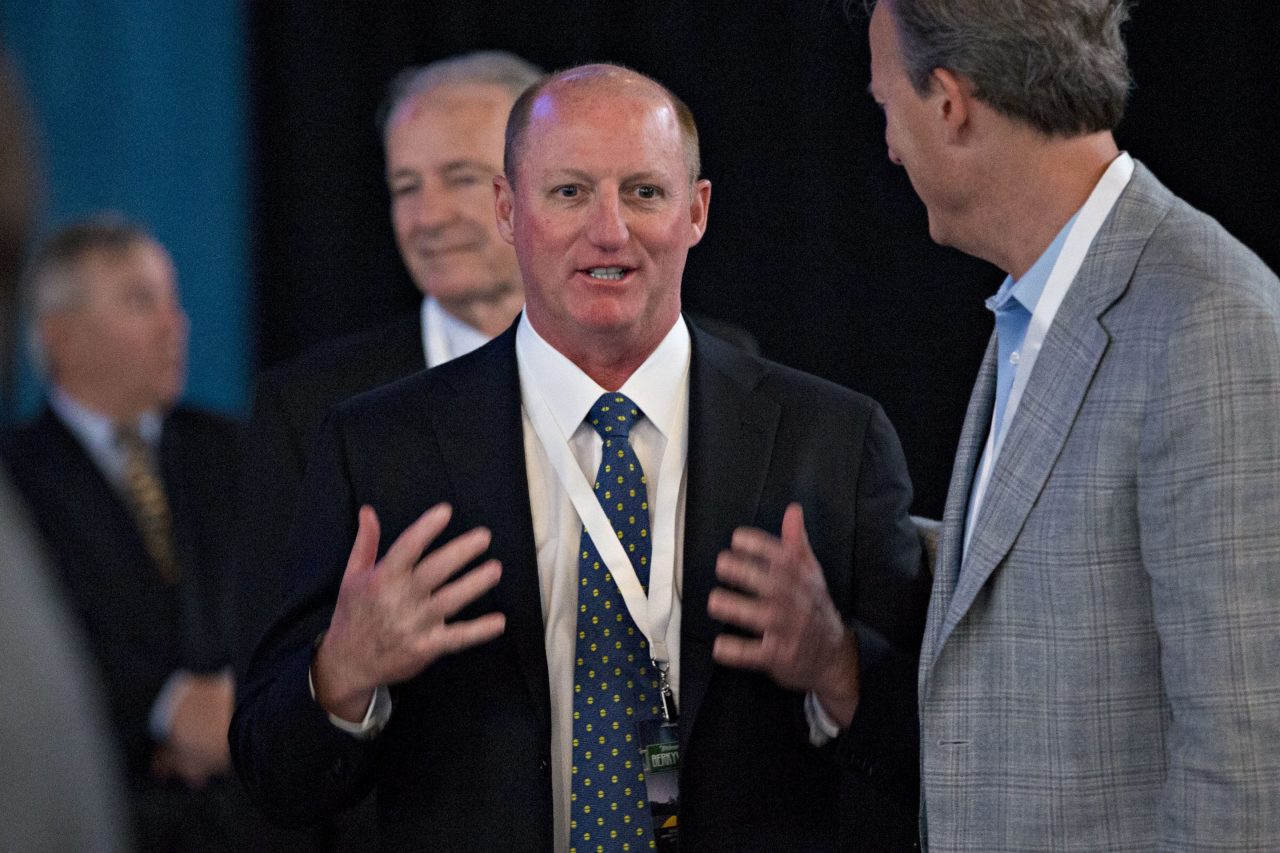Pope Leo XIV reportedly earns $33,000 per month in salary, sparking controversy and potential tax issues. Discover the details behind this surprising paycheck and its legal, financial, and ethical implications.
Introduction: A Pope With a Paycheck?
The Papacy has long been associated with humility, celibacy, and spiritual leadership — not six-figure salaries. But recent revelations suggest Pope Leo XIV may be receiving a monthly paycheck of $33,000, a figure that has shocked both Catholics and financial watchdogs alike.
This unexpected income stream could result in a six-figure tax liability, depending on where and how the funds are classified. The news raises critical questions:
- Should a Pope be salaried like a corporate executive?
- Is the income taxable under international law?
- What precedent does this set for future religious leaders?
In this article, we’ll explore the origins of Pope Leo XIV’s paycheck, the potential tax consequences, the Church’s official stance, and what this means for global perceptions of Vatican finances.
Pope Leo XIV’s $33,000 Paycheck: What We Know So Far
According to insider reports and financial disclosures leaked from the Vatican’s administrative arm, Pope Leo XIV is allegedly receiving a monthly compensation package totaling $33,000 USD. The funds appear to come from a combination of sources, including:
- Honoraria for papal appearances and engagements
- Funds from the Institute for Works of Religion (commonly called the Vatican Bank)
- Allocations from Vatican City’s sovereign wealth
- Possibly undisclosed charitable endowments
While Popes traditionally do not draw formal salaries, Pope Leo XIV may represent a shift in Vatican policy — possibly aimed at transparency or modernization. However, this paycheck has ignited a firestorm of debate.
Is the Pope Taxable? Legal Gray Areas
One of the biggest controversies surrounding Pope Leo XIV’s salary is whether he is subject to taxation under local or international tax law.
1. Vatican City Sovereignty
The Vatican is a sovereign city-state, meaning it has its own laws, governance, and financial systems. In theory, as the head of state, Pope Leo XIV could be exempt from taxation within Vatican City.
2. International Tax Treaties
However, if any portion of the Pope’s income is earned or stored abroad, it may be subject to:
- OECD reporting standards
- International banking laws
- Tax treaties between Italy and the Vatican
Experts say if any of the Pope’s income involves outside institutions or travels through Swiss or European financial networks, tax regulators could come knocking.
3. Six-Figure Liability?
A $33,000 monthly income equates to $396,000 annually. Depending on where it’s sourced or spent, the Pope could face a tax bill well above $100,000, especially under European Union tax brackets and luxury income surcharges.
Public Reaction: Faith vs Finances
The Catholic community has responded with mixed emotions.
Supporters Say:
- The Pope is a modern global leader who deserves compensation like any head of state.
- A salary promotes transparency over mystery.
- The funds could be part of administrative duties rather than personal use.
Critics Argue:
- The Church preaches modesty — such a salary sends the wrong spiritual message.
- It could erode faith in Church leadership, especially in poor or developing nations.
- Tax avoidance or vague financial structuring could damage Vatican credibility.
This faith-versus-finance dilemma is especially potent in regions where Catholicism is tied to charitable giving and the simplicity of religious life.
Vatican’s Official Response: Silence or Strategy?
As of now, the Vatican has neither confirmed nor denied the reports of Pope Leo XIV’s monthly paycheck. Vatican spokespersons have issued statements emphasizing:
- The Holy See’s commitment to financial ethics
- Internal audits and reform efforts led by the Secretariat for the Economy
- The Pope’s continued vow of modest personal living
Some believe this silence is strategic, allowing time to investigate or clarify the nature of the funds — whether they are truly salary, honoraria, or trust-based disbursements.
Precedents: Have Other Popes Been Paid?
Historically, Popes have not received salaries in the conventional sense.
Pope Benedict XVI & Pope Francis
- Pope Benedict XVI reportedly refused a personal salary during his papacy.
- Pope Francis, known for his humility, has spoken against materialism and opted for a modest lifestyle. He is also believed to have declined a formal paycheck.
If Pope Leo XIV is indeed accepting $33,000 per month, he would be the first pope in modern history to draw such a sizable income.
Ethical Questions: Can Faith Be Financed?
This situation has reopened an age-old debate: Can religious service coexist with financial compensation?
Arguments For Clergy Salaries:
- Administrative work deserves payment.
- Modern costs of living affect religious leaders too.
- Compensation reduces reliance on opaque church funds.
Arguments Against:
- Lavish pay contradicts vows of poverty.
- The Church’s mission is spiritual, not commercial.
- Public perception matters — especially in a world of growing income inequality.
Implications for Global Church Donations
The Catholic Church relies heavily on global donations, such as Peter’s Pence, annual tithing, and community fundraising. With news of this potential papal salary:
- Donors may rethink contributions if transparency is not ensured.
- Critics could use the scandal to undermine the Church’s charitable mission.
- Other religious institutions may feel pressure to disclose their leaders’ finances.
This is not just a Vatican story — it has global consequences for religious trust and giving.
What Happens Next? Possible Scenarios
- Clarification from the Vatican – A formal statement explaining the nature of the income could reduce speculation.
- Internal audit or external investigation – Especially if foreign banking is involved.
- Policy reform – The Church may be pushed to create clear compensation guidelines for future Popes and Cardinals.
- Increased tax scrutiny – International regulators may review Vatican-linked financial transactions.
Conclusion: When Faith Meets Finance
Pope Leo XIV’s alleged $33,000-a-month paycheck represents more than just numbers — it challenges centuries of religious tradition and sparks global conversation. Whether it’s a call for transparency, a misinterpretation, or a true shift in how the Church functions, one thing is clear: the line between spiritual leadership and financial accountability is thinner than ever.
If a six-figure tax bill is looming, it may force the Vatican to re-evaluate its financial practices — not just for legality, but for the sake of global faith and trust.




